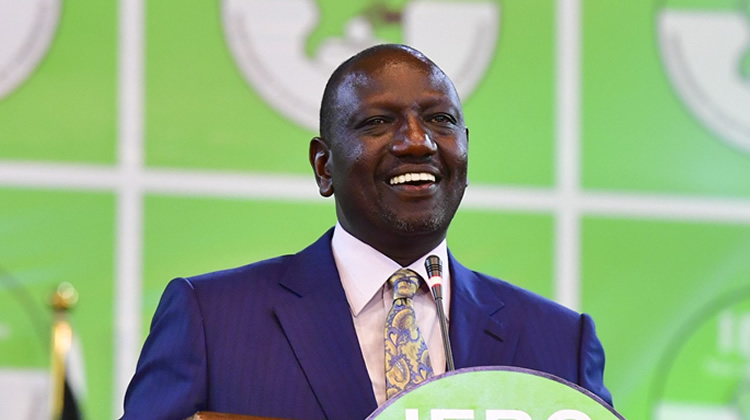President William Ruto has officially signed the Independent Electoral and Boundaries Commission (IEBC) Bill into law. This marks the first bill successfully processed by Parliament based on the recommendations of the National Dialogue Committee (NADCO) report.
Pathway for New Appointments
The Bill’s approval clears the way for appointing the IEBC chairperson and commissioners to fill the vacant positions. This legislative milestone is expected to strengthen the electoral body’s capacity to oversee and manage elections efficiently and impartially.
Praise for NADCO’s Efforts
In his remarks following the signing, Ruto commended NADCO for mediating the political divide and fostering consensus on several critical national issues, including the reconstitution of the IEBC. He highlighted that the assent to the IEBC amendment bill signifies progress in implementing one of NADCO’s key recommendations.
Significance of the Bill
“Today’s assent of the IEBC amendment bill marks a significant step in actualizing one of NADCO’s recommendations,” Ruto stated. He emphasized that this step demonstrates Kenya’s ability to address complex and divisive issues that could otherwise threaten national cohesion, stability, and security.
Establishment of Selection Panel
Ruto noted that signing the bill facilitates the creation of a selection panel for appointing IEBC commissioners. He reiterated the importance of the IEBC as a cornerstone of democracy, responsible for overseeing regular elections at various levels and ensuring transparent, impartial, and accountable electoral processes.
Spirit of Unity and Bipartisanship
Ruto underscored the values of unity, bipartisanship, and consensus-building embodied by NADCO. He expressed his commitment to supporting and facilitating further outputs of national consensus to ensure inclusive progress for Kenya.
Call for Continued Dialogue
Ruto also called on leaders and other stakeholders to engage in dialogue to address the current economic challenges facing the country. He encouraged a broad-based political arrangement to rally the nation forward and work collectively toward a stable and prosperous future.





